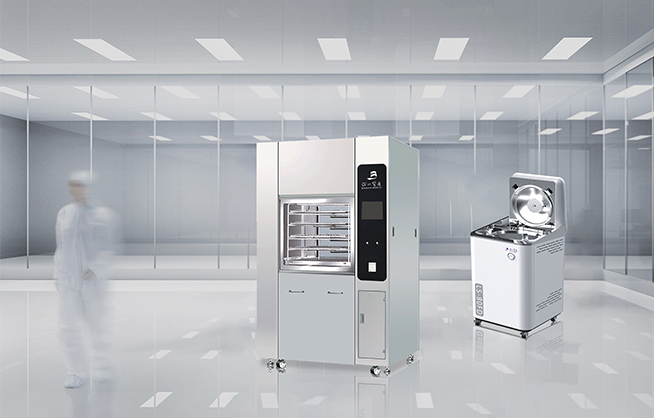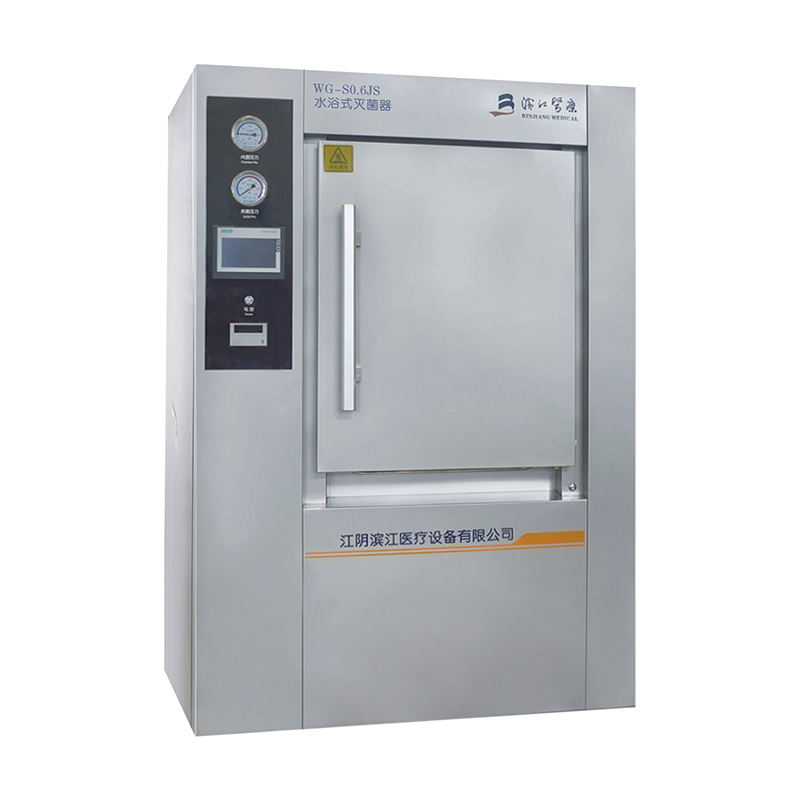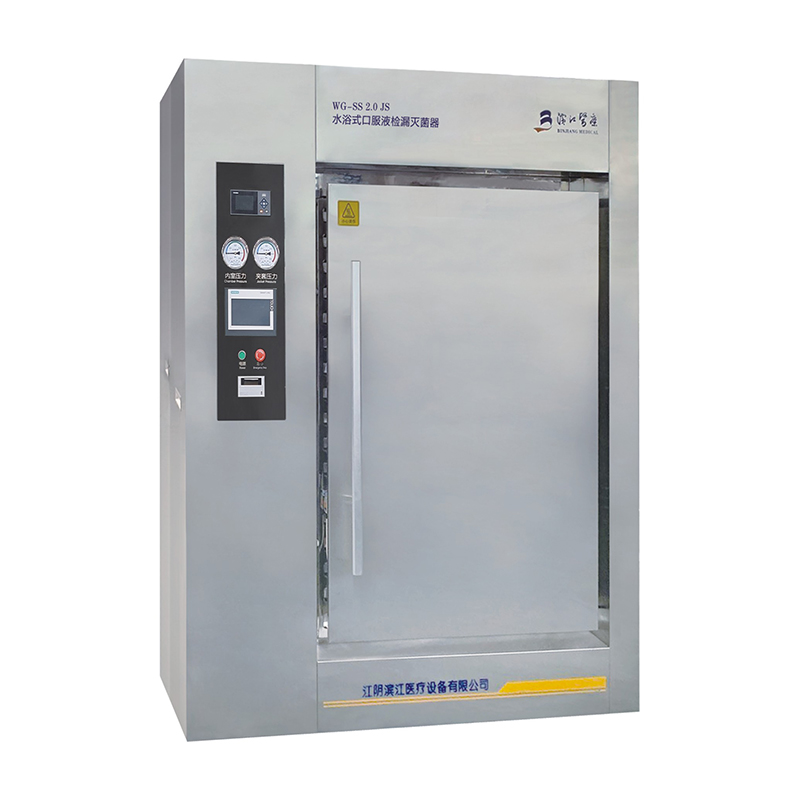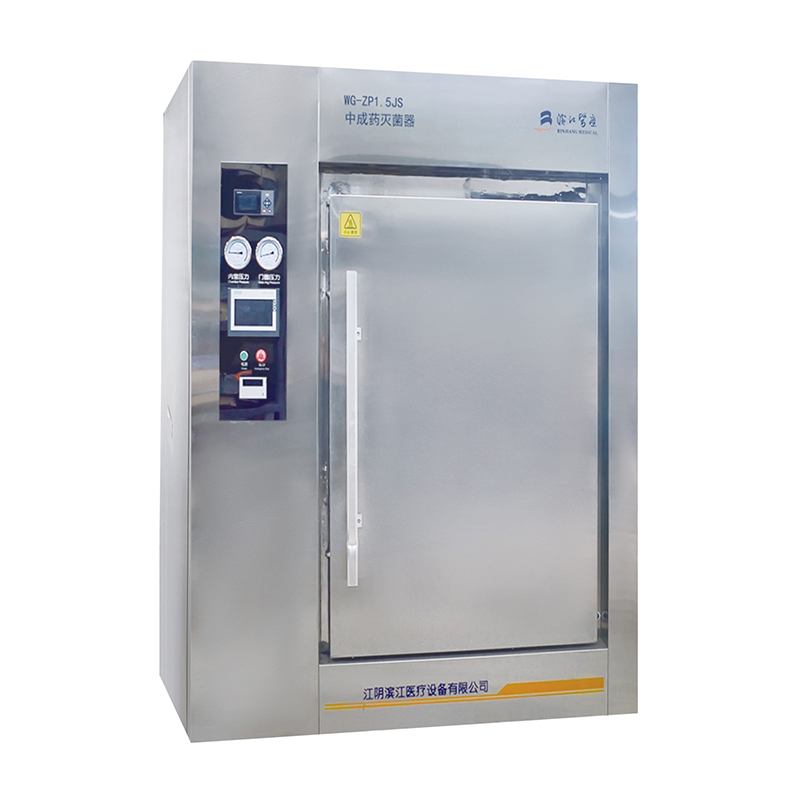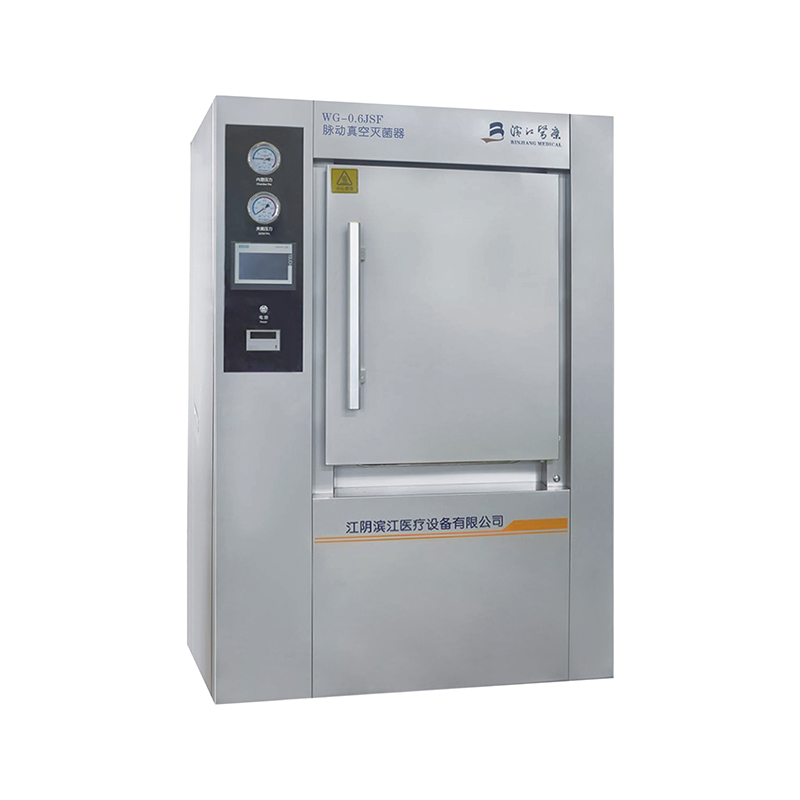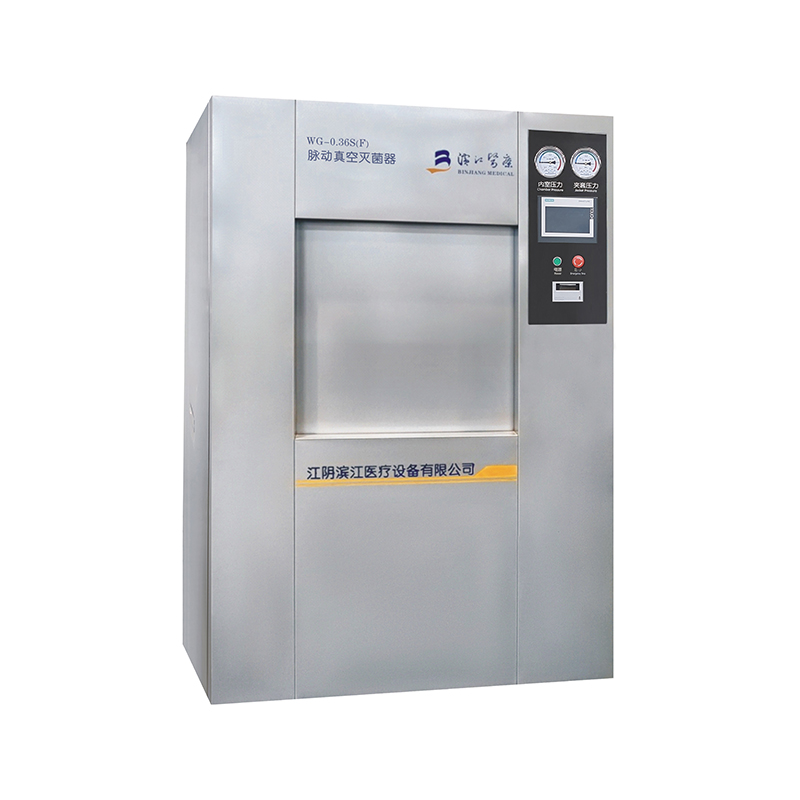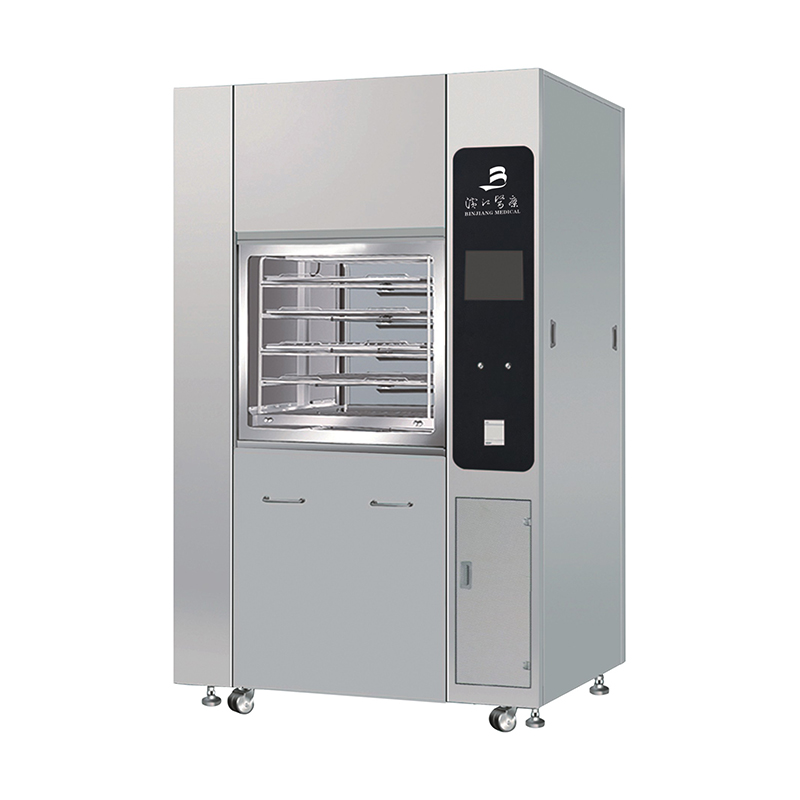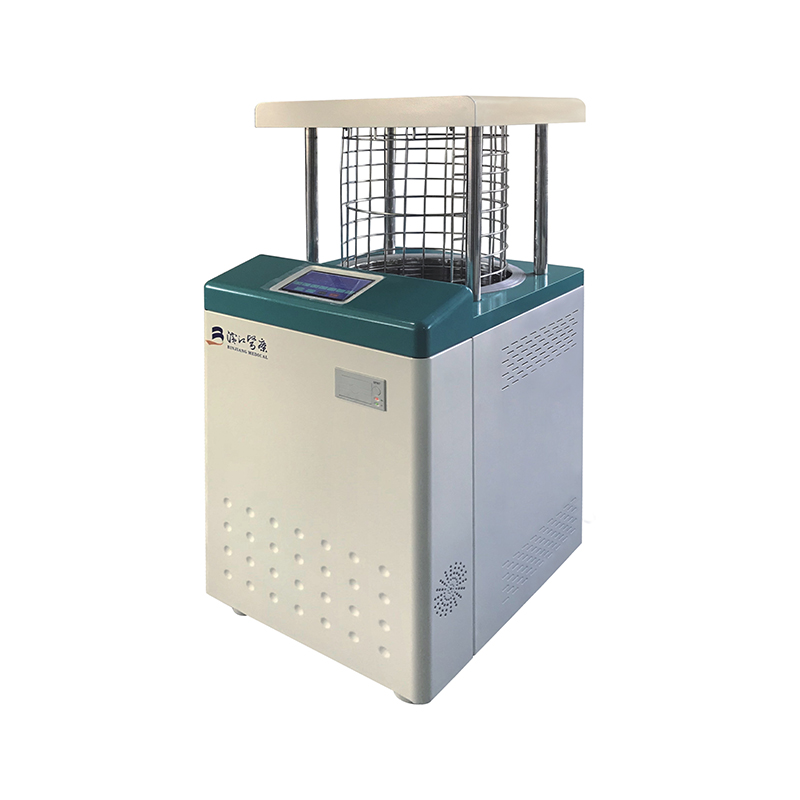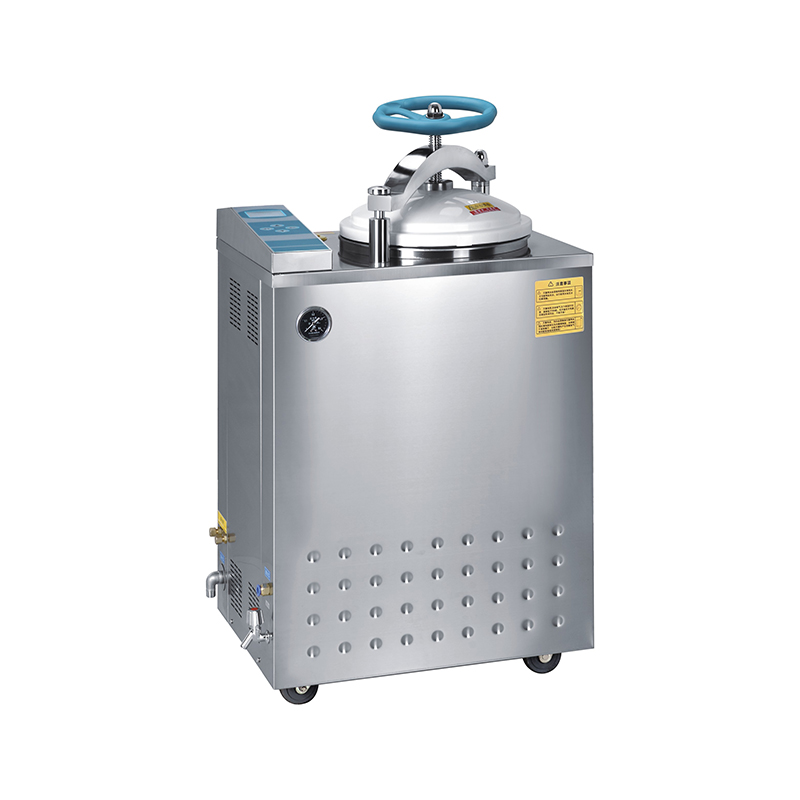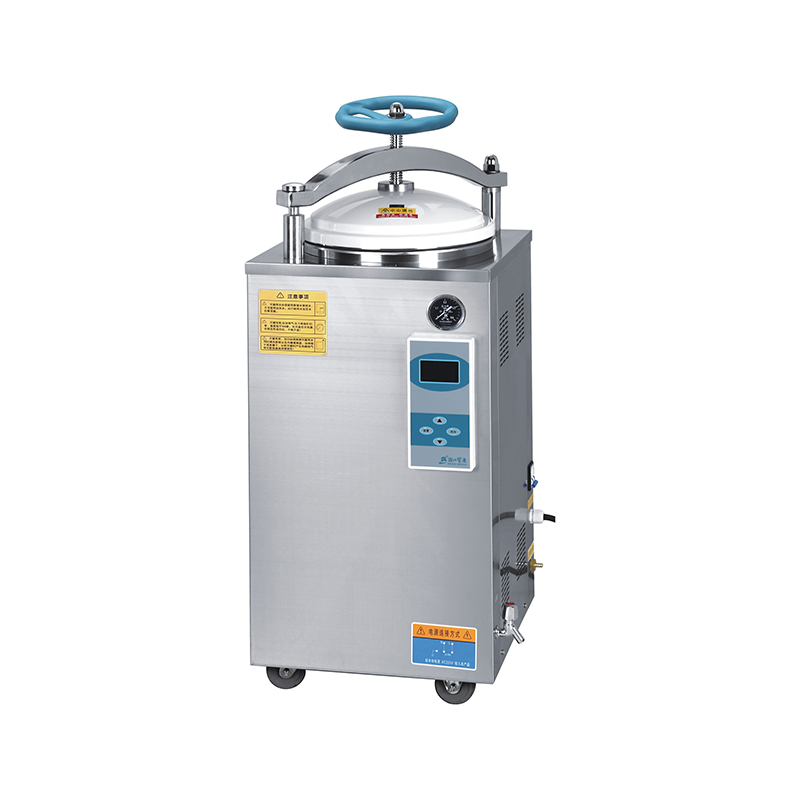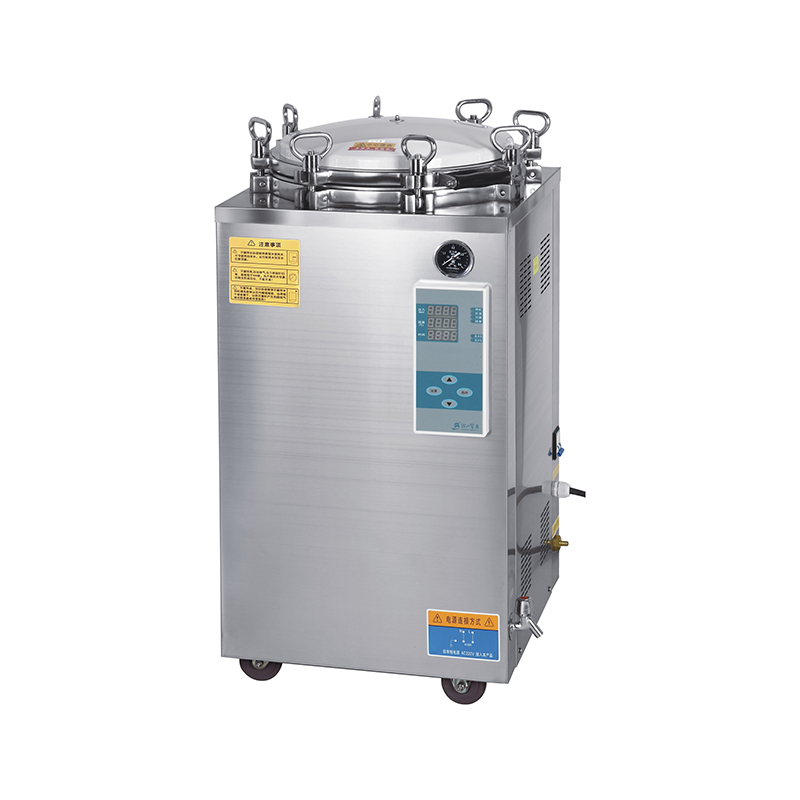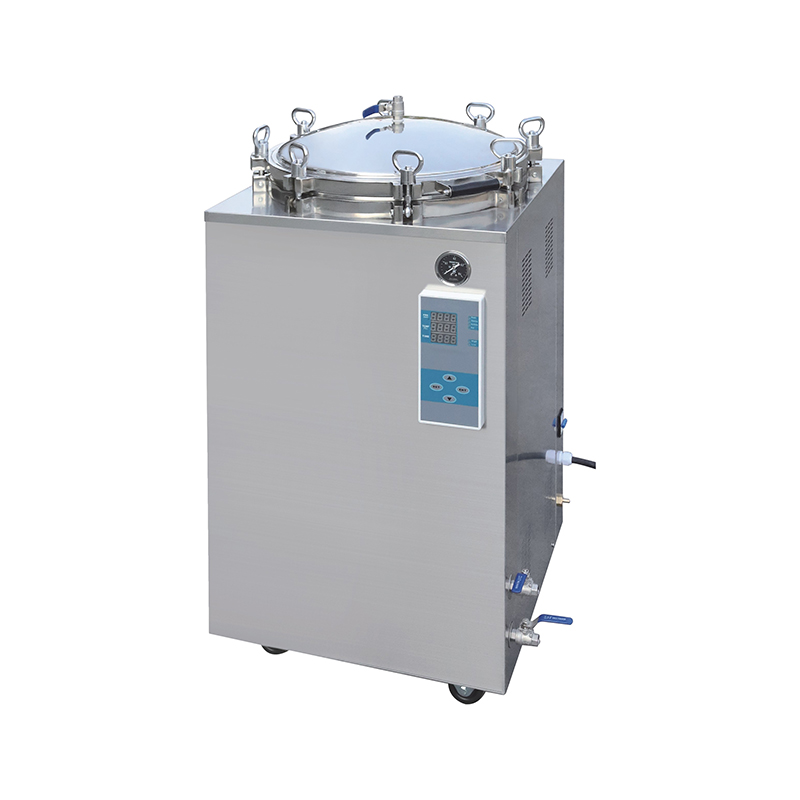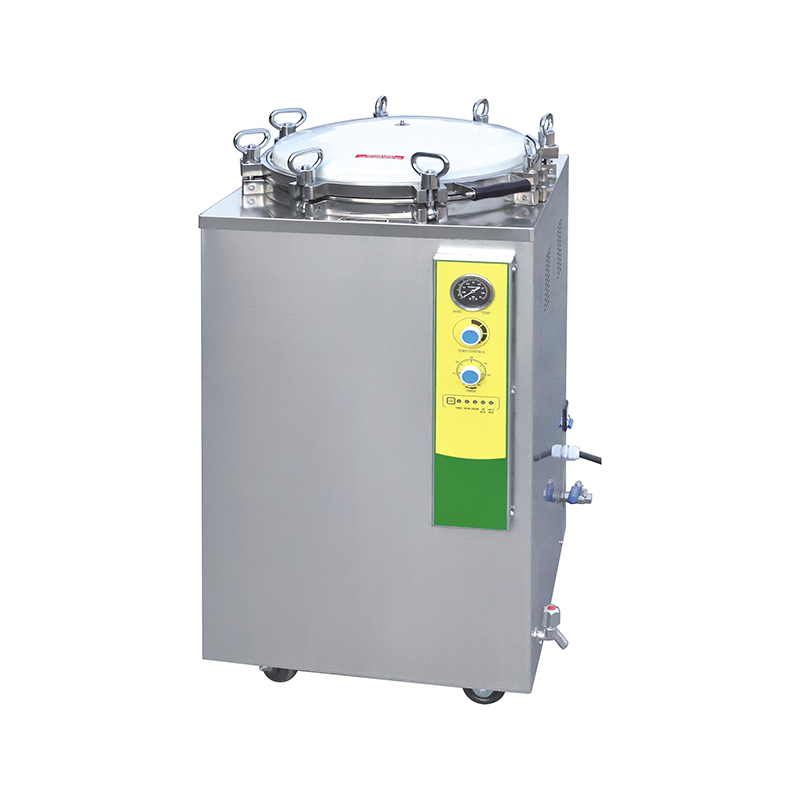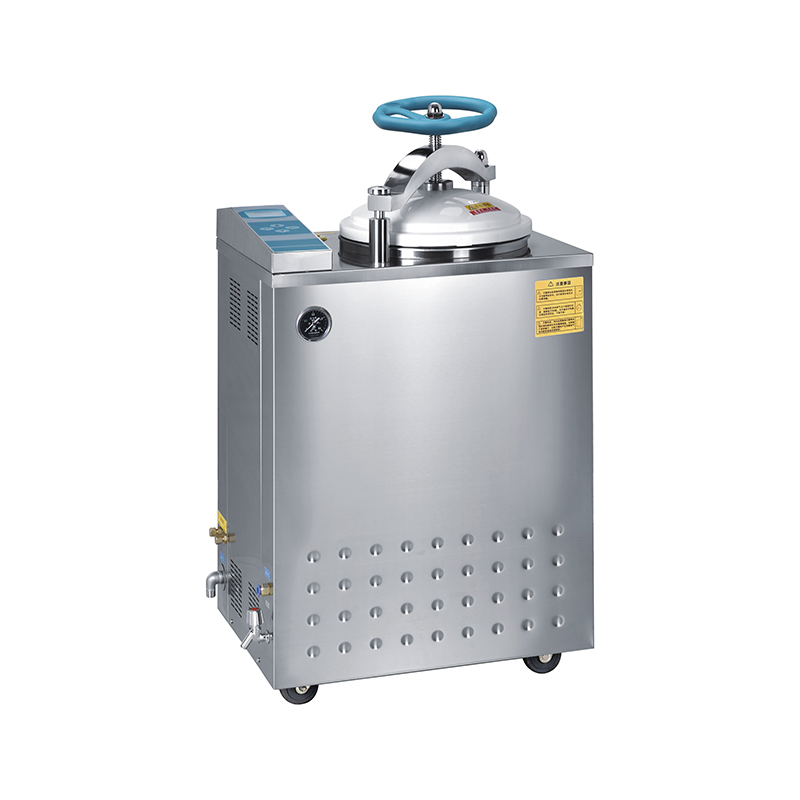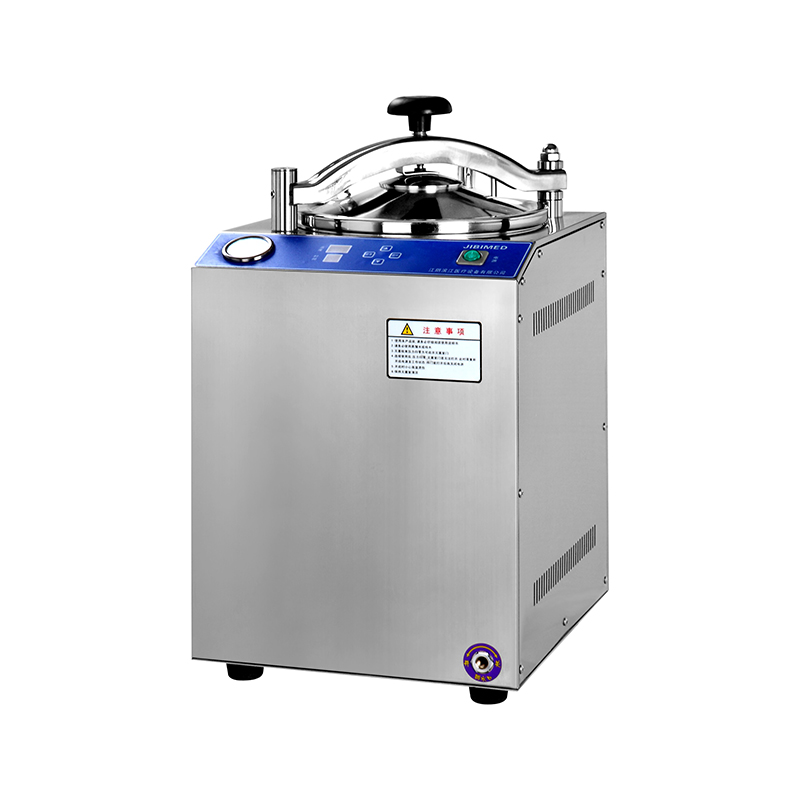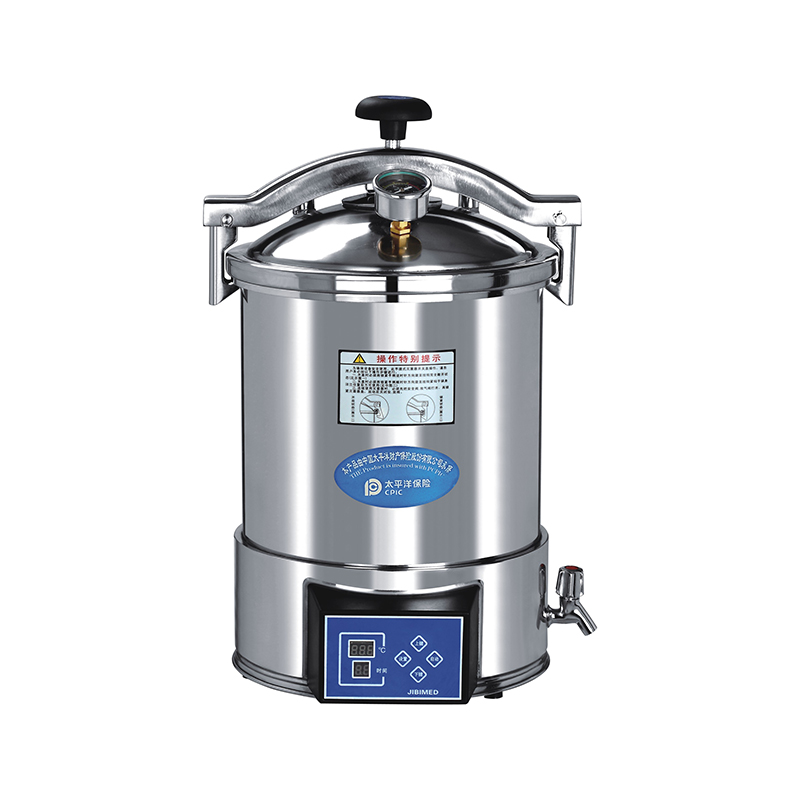Best Practices for Autoclave Water — Types, Preparation, Maintenance & Troubleshooting
Posted by Admin | 16 Oct
1. Why Water Quality Matters for Autoclaves
Autoclaves rely on steam to achieve sterilization. The mineral content, conductivity, and microbiological cleanliness of the water directly affect steam purity, internal components, and load outcomes. Poor water can cause scale formation on heating elements and chamber walls, accelerate corrosion of pumps and valves, leave deposits on instruments, and reduce sterilization efficiency by creating hot/cold spots or interfering with steam penetration.
Understanding and controlling autoclave water quality reduces maintenance costs, extends equipment life, improves load reproducibility, and helps meet laboratory or clinical accreditation requirements.
2. Types of Water Suitable for Autoclaves
Common water types and their pros/cons
Not all “pure” waters perform the same in steam systems. The three most commonly recommended options are distilled, deionized (DI), and reverse osmosis (RO) water. Tap water and many bottled waters are typically unsuitable without further treatment.
| Water Type | Typical Conductivity / TDS | Advantages | Limitations |
| Distilled | Very low TDS, low conductivity |
Low mineral content; minimal scaling; widely recommended. | May contain volatile organics unless produced with proper traps; production equipment required. |
| Deionized (DI) | Very low conductivity | Removes ions that cause scale; good for many autoclaves. | Does not remove organics or microbes; can leach ions from metals if extremely pure. |
| Reverse Osmosis (RO) | Low to moderate TDS | Good first-stage treatment; often paired with DI or distillation for better results. | May still allow some dissolved minerals and organics through. |
| Tap / Municipal | High, variable | Readily available and cheap. | Causes rapid scaling, deposits, and corrosion; not recommended. |
Recommended specifications
A practical specification many labs use: conductivity < 5 µS/cm (or TDS < 10 ppm) for general-purpose sterilization. For sensitive applications (e.g., certain medical device processing or lab instruments), aim for conductivity < 1 µS/cm and water produced by distilled + post-treatment or DI polishing.
3. How to Prepare and Fill Autoclave Water
Step-by-step filling procedure
- Turn the autoclave off and allow the chamber to reach ambient temperature and pressure.
- Use only the recommended water type (distilled/DI/RO + DI) — confirm with the autoclave manufacturer’s manual.
- Open the water fill port or reservoir cap, wiping the area with a lint-free wipe to prevent contamination.
- Pour water slowly using a clean funnel or transfer system to avoid splashing and air entrainment.
- Fill to the indicated level. Overfilling can cause water carryover to the chamber; underfilling can damage the heater or pump.
- Secure the cap, log the water addition (date, type, volume), and run a short test cycle to confirm normal operation if required by SOPs.
Safety and contamination control
Use dedicated, labeled containers for autoclave water. Avoid containers previously used for chemicals. Do not mix water types (e.g., adding tap water to distilled). If storing water, use opaque containers kept at controlled temperature and replaced regularly (see maintenance schedule below).
4. Maintenance: Preventing Scaling, Corrosion, and Microbial Growth
Routine checks and schedule
- Daily: Check water level and top up with recommended water if needed; inspect for visible sediment or discoloration.
- Weekly: Record conductivity (if a meter is available) and inspect reservoir for scale or biofilm.
- Monthly: Drain and clean reservoir and accessible piping per manufacturer instructions; replace inline filters if present.
- Quarterly to annually: Service heating elements, pressure sensors, and pumps; perform validation cycles and remove scale mechanically or chemically as recommended by the manufacturer.
Anti-scaling and antimicrobial options
If your facility experiences hard water-related issues, consider installing RO followed by DI polishing or using on-site distillation. Chemical descalers should only be used when explicitly approved by the autoclave manufacturer; inappropriate chemicals can damage seals and sensors. For microbial control in stored water, avoid adding biocides unless validated and permitted — instead, use sterile handling practices and regular turnover.
5. Troubleshooting Common Water-Related Issues
| Symptom | Likely Cause | Corrective Action |
| White/gray deposits on instruments | Mineral scaling from hard water | Switch to distilled/DI water; descale chamber and heating elements per manual. |
| Corrosion or pitting inside chamber | High chloride content or inappropriate chemicals | Stop using contaminated water; perform corrosion assessment; consult manufacturer for repairs. |
| Fogging or spotting on glassware | Dissolved organics or carryover droplets | Use higher-purity water and ensure correct water level and steam traps are functioning. |
| Pump failure or blocked lines | Sediment, scale, or particulates | Inspect and clean filters; flush lines; consider upstream filtration upgrade. |
6. Best Practices and Documentation
Create a written SOP that specifies the approved water type, filling procedures, frequency of conductivity or TDS checks, reservoir cleaning intervals, and emergency actions for water-related failures. Maintain a log (manual or electronic) recording date, operator, water source, and any corrective maintenance — these records are useful for audits and for identifying trends before failures occur.
When in doubt, consult the autoclave manufacturer’s manual and follow any local regulatory or accreditation requirements related to sterilization equipment. For critical applications, validate water changes by running biological indicators and documenting sterilization efficacy after changes to water source or cleaning regimens.


 English
English русский
русский Français
Français Español
Español Indonesia
Indonesia Deutsch
Deutsch عربى
عربى 中文简体
中文简体
